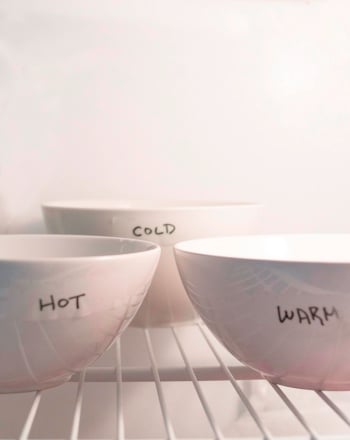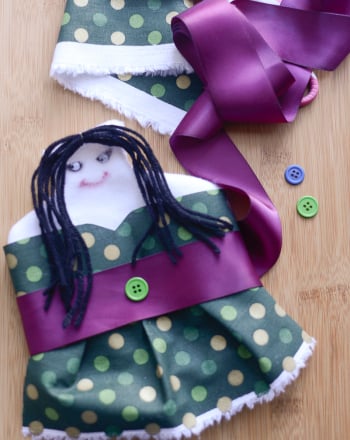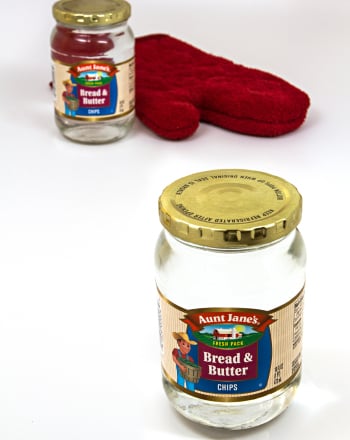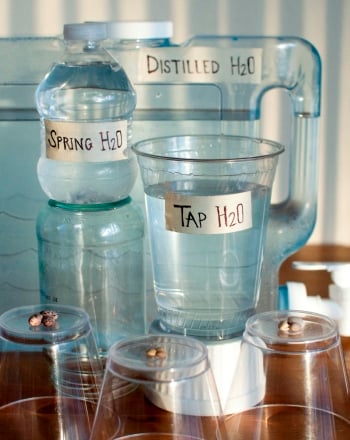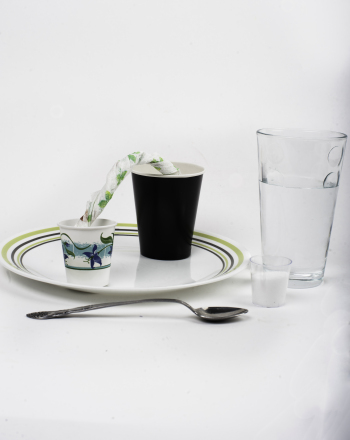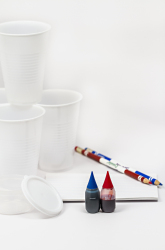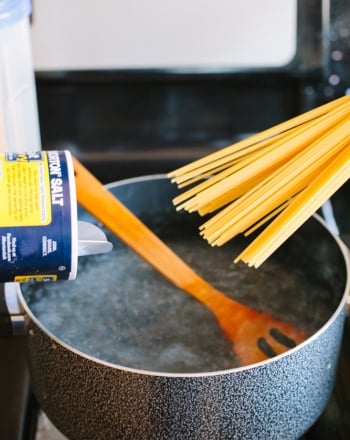Science project
Does Hot Water Boil Faster Than Cold?
There are many old wives' tales. One of them is that “cold water boils faster than hot water.” However, a lot of people think it is the other way around, which should be common sense. In this experiment, we'll find which theory is correct.
Problem:
Does hot water boil faster than cold water?
Materials:
- 2 water kettles (preferably two different colors for color-coding purposes)
- 2 candy thermometers
- Hot and cold water from the faucet
- Stove
- Pen and paper for notes
- An adult (to handle the boiling water)
Procedure:
- Fill each water kettle up ¾ full of water. Make sure each kettle has the same amount of water inside. Take the temperature of the water in each kettle.
- Ask an adult to help you boil the water on the stove.
- Watch how long each takes to “whistle” and bubble up. Record the temperature after boiling and analyze your findings.
- Some people also say that hot water will freeze faster than cold water. Test if this is true or false by simply filling one container with hot water and another with cold. Pop into the freezer and monitor it at regular intervals. If you have a freezer with a clear door, that will be even easier as you won't have to open the freezer to check on it.
Disclaimer and Safety Precautions
Education.com provides the Science Fair Project Ideas for informational purposes only. Education.com does not make any guarantee or representation regarding the Science Fair Project Ideas and is not responsible or liable for any loss or damage, directly or indirectly, caused by your use of such information. By accessing the Science Fair Project Ideas, you waive and renounce any claims against Education.com that arise thereof. In addition, your access to Education.com's website and Science Fair Project Ideas is covered by Education.com's Privacy Policy and site Terms of Use, which include limitations on Education.com's liability.
Warning is hereby given that not all Project Ideas are appropriate for all individuals or in all circumstances. Implementation of any Science Project Idea should be undertaken only in appropriate settings and with appropriate parental or other supervision. Reading and following the safety precautions of all materials used in a project is the sole responsibility of each individual. For further information, consult your state's handbook of Science Safety.
Education.com provides the Science Fair Project Ideas for informational purposes only. Education.com does not make any guarantee or representation regarding the Science Fair Project Ideas and is not responsible or liable for any loss or damage, directly or indirectly, caused by your use of such information. By accessing the Science Fair Project Ideas, you waive and renounce any claims against Education.com that arise thereof. In addition, your access to Education.com's website and Science Fair Project Ideas is covered by Education.com's Privacy Policy and site Terms of Use, which include limitations on Education.com's liability.
Warning is hereby given that not all Project Ideas are appropriate for all individuals or in all circumstances. Implementation of any Science Project Idea should be undertaken only in appropriate settings and with appropriate parental or other supervision. Reading and following the safety precautions of all materials used in a project is the sole responsibility of each individual. For further information, consult your state's handbook of Science Safety.

